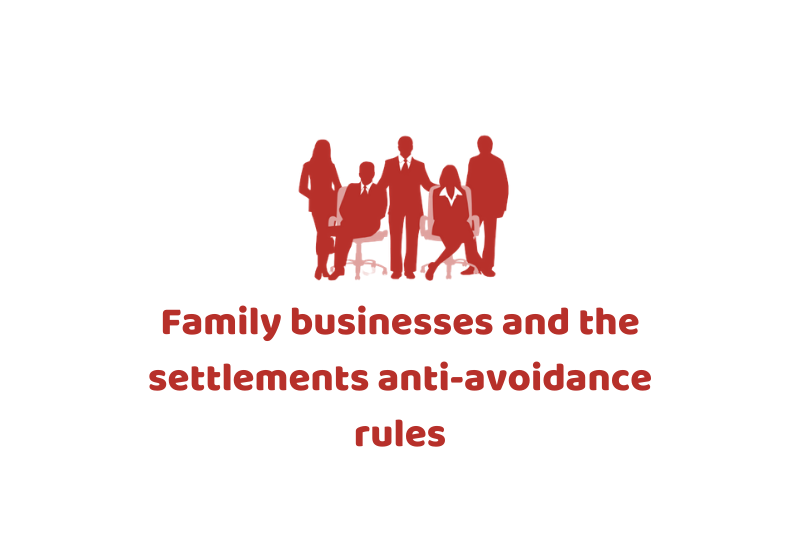The ‘settlements’ income tax anti-avoidance rules found in ITTOIA 2005. The principal sets of rules are the ‘revocable, or settlor interested’ settlement rules (ITTOIA 2005, s 624), and the ‘settlements on minors’ rules (s 629).
The ‘grandparents’ scheme.’
A few years ago, this arrangement was very popular. The ‘settlements on minors’ anti-avoidance legislation only apply to parents, not grandparents.
This is an example of the way it works.
Example: Share subscription by grandparents
Mr. and Mrs. Stephens is running a very successful estate agency business. He can afford to send their children to a private school as a result.
All seemed to be well with such ‘clever’ arrangements for many years until HMRC started attacking them. The grounds of their attack were the actual income of the company. That used to pay the dividends was a result not of the grandparents’ investment in the company. But if the parent’s physical efforts in earning the profits of the company. Given how wide the rules against ‘arrangements’ are, it is quite easy to agree with what HMRC is saying here.
The Situation Where the Rules Can Avoid
The only situation where the rules can avoid is the grandparents’ investment in the company. So much about give rise to the income as a reasonable return on investment. If it wished to pay dividends of £40,000 a year on the grandparents’/trust’s shares. You would be looking at needing the grandparents to invest as much as £1 million in the shares in the company to do this. Even, it would be necessary to be able to prove to HMRC, on inquiry, that the £1 million was a necessary investment in the company to bring about greater profitability. All in all, it’s usually easier for the grandparents to settle money on their grandchildren if they have this kind of sum to spare.
Investment businesses
A variant of the same principle in the context of an investment business is a family investment limited liability partnership (LLP) or company that has grandparents and their grandchildren as members, usually with the parents’ generation involved as members as well.
An investment LLP, funded by the grandparents, is actually a very flexible and tax-efficient way of allocating income to the grandchildren. Unlike handing over assets, the LLP structure enables the grandparents to continue to control and safeguard the family investment assets. At the same time, utilising their grandchildren’s tax allowances and lower rate bands.
As far as it is visible, the ‘revocable settlements’ rules would not in practice applied by HMRC to the amount received by the grandchildren, even if it varies from year to year, providing that this amount is theirs and cannot claw back by the grandparents. But, because of the risk of the ‘settlements on minors’ rules, one would try to tell against the parents. Generation introducing any capital value into the LLP. At best, this could ‘muddy the waters’ in respect of any income that their minor children derive from involvement in the LLP or company.
Husband and wife
Another high-profile example of the application of the rules of the settlement by HMRC, in this case, unsuccessful, was in the area of husband and wife owned businesses, with the key legal case being the so-called ‘Arctic Systems’ case (Garnett v Jones [2007] STC 1536).
This involved a consultant operating through a personal, limited company in which he and his wife held shares. Although, He did most or even all the work for the company, dividends paid in many amounts to his wife. HMRC claimed that the dividends paid to Mrs. Jones should taxed on Mr. Jones because they comprised a ‘settlement’.
Arctic Systems is still good law
Practical point
However, avoid ‘funny’ shares, which could see as merely a mechanism to pay an income. Typically, these shares might have no voting entitlement, and also restricted or nil rights to assets on winding up. It’s best to issue straightforward ordinary shares to each spouse. Although it does seem to be permissible for these to be different classes so that different rates of dividends can pay for tax efficiency.





















































